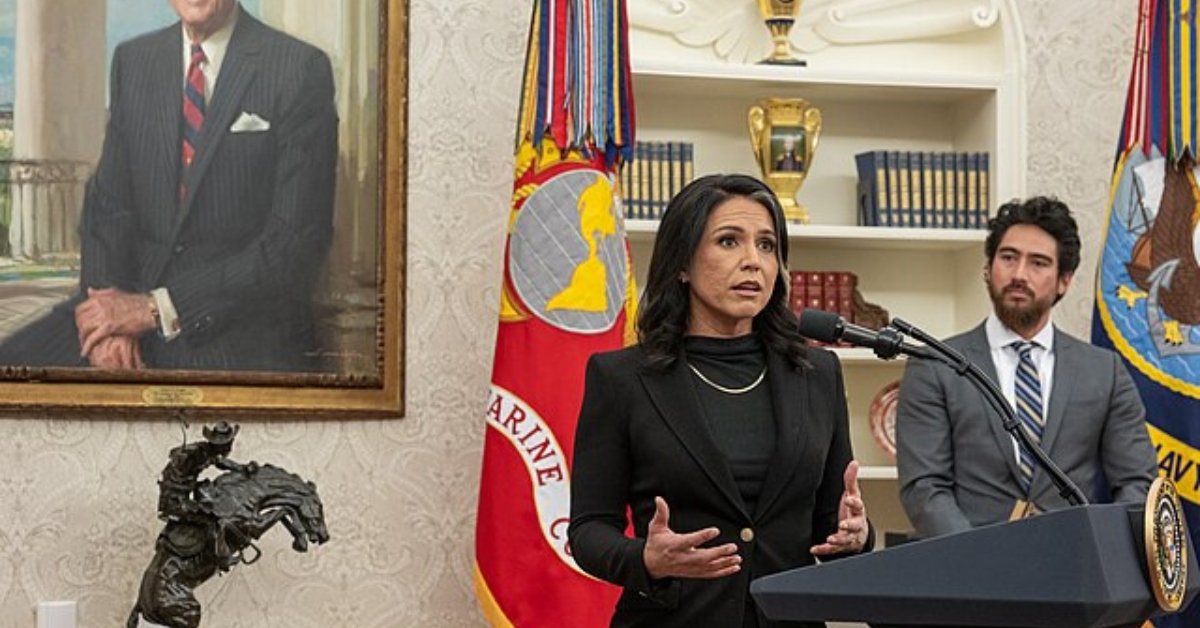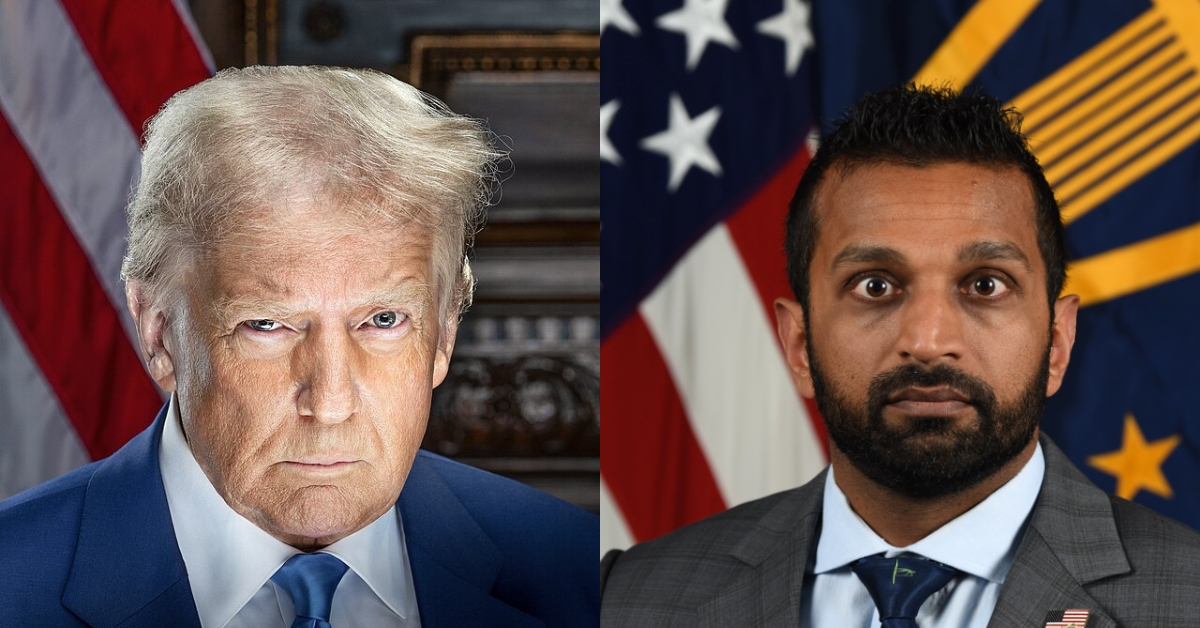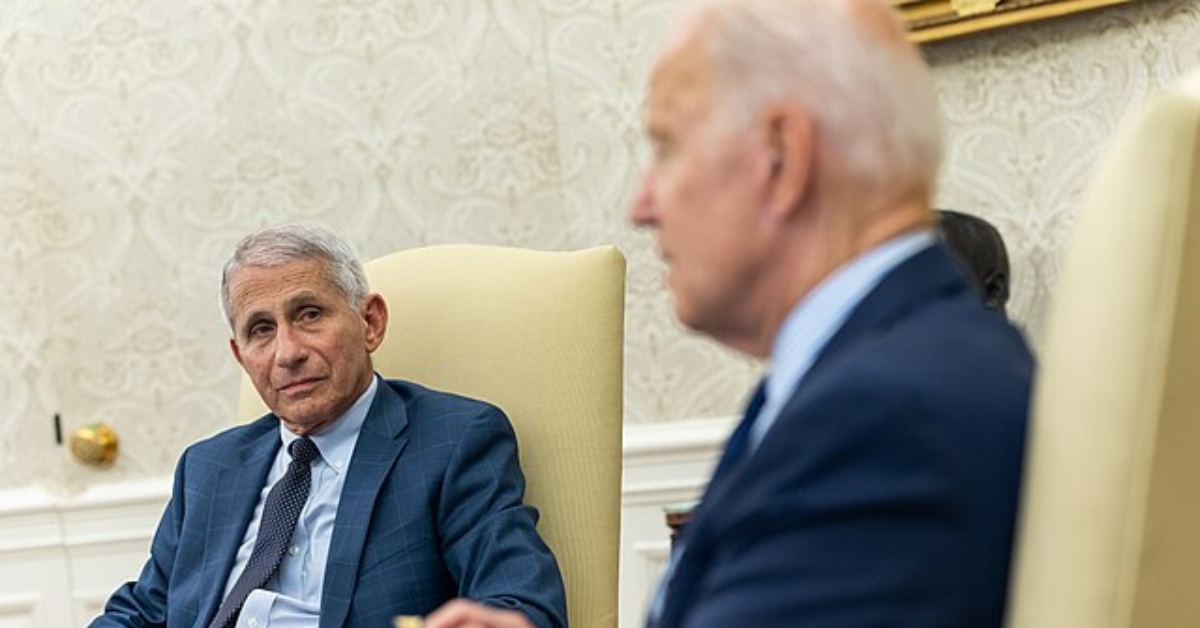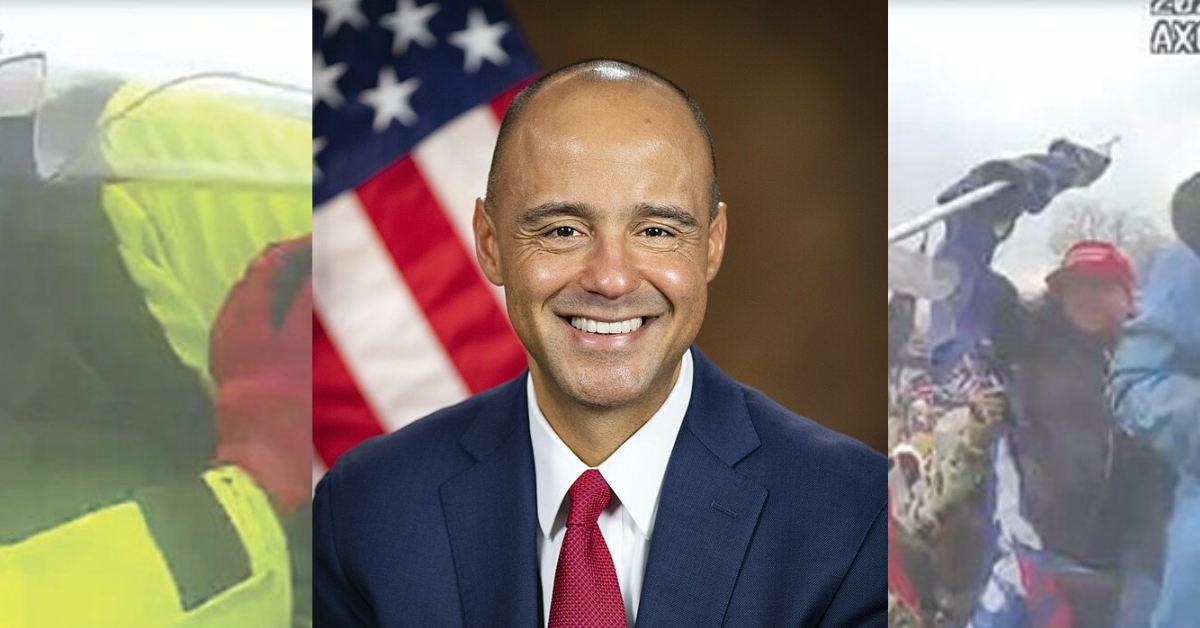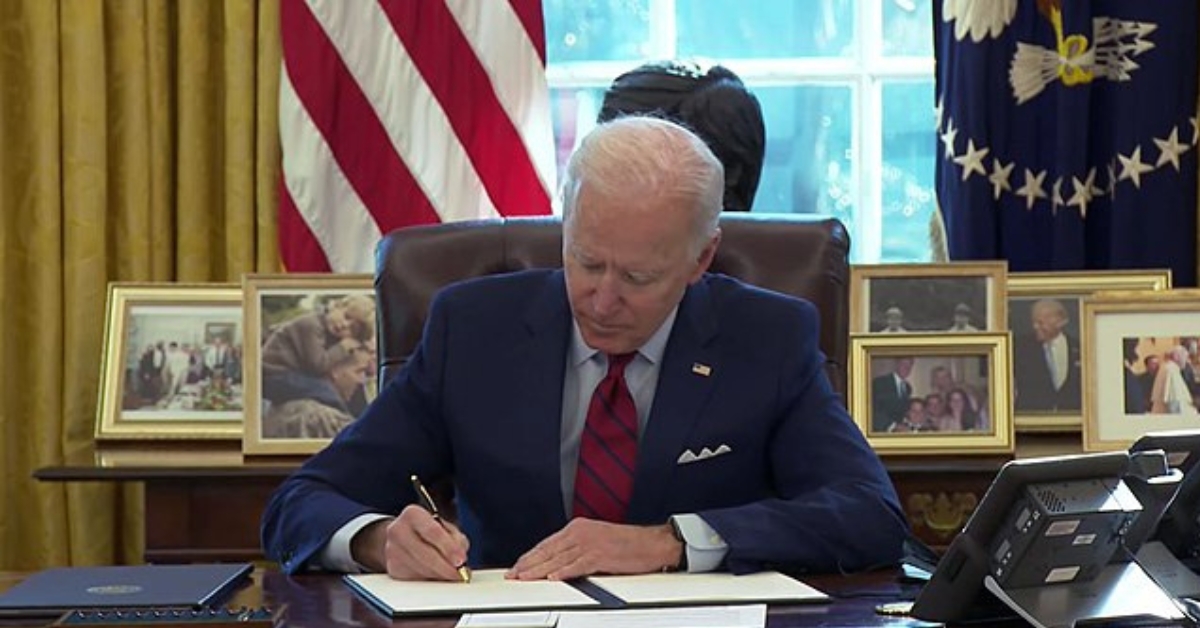
Biden Lied, Willfully Retained and Illegally Shared Classified Documents
In a recent development that reads like a political thriller, Special Counsel Robert Hur’s investigation into President Joe Biden’s mishandling of classified documents has unveiled a narrative fraught with evasion, memory lapses, and questionable actions. Despite Hur’s reluctance to press charges against Biden, citing an inability to convince a jury beyond a reasonable doubt of the President’s unlawful actions, the evidence unearthed paints a troubling picture of a leader at odds with the legal and ethical standards expected of the highest office.
The investigation revealed Biden “willfully” retained classified documents, including sharing classified information with a non-cleared individual, directly contradicting Biden’s public claims of innocence. Furthermore, despite President Biden’s public indignation, claiming Special Counsel Hur improperly raised the topic of his son’s death, transcripts show it was Biden himself who introduced the subject. Hur’s findings underscore a disturbing pattern of disregard for national security protocols, with recorded conversations and memos showing Biden’s awareness and deliberate engagement in prohibited practices.
Amidst these revelations, Hur’s testimony before the House Judiciary Committee did little to assuage concerns, instead reinforcing the image of a President who, despite his years of service, seems to navigate the corridors of power with a selective memory and a propensity for risky decisions. Biden’s inconsistent recollections, as documented during his interview with Hur’s team, raise serious questions about his fitness to manage the nation’s most sensitive secrets. The President’s struggle to remember key dates and events, including the election of his predecessor and the death of his own son, speaks volumes about his state of mind and his capacity to fulfill the duties of his office.
Moreover, Hur’s investigation pointed to a possible motive behind Biden’s actions: the lucrative advance from his memoir. This financial incentive, coupled with Biden’s self-perception as a historic figure, may have fueled his disregard for security protocols, prioritizing personal legacy and monetary gain over national interest.
The White House’s response to Hur’s findings, marked by deflection and attempts to downplay the seriousness of the situation, only adds to the growing distrust between the administration and the American public. Claims of “exoneration” by White House spokespeople fly in the face of the evidence presented by Hur, highlighting a concerning gap between reality and the narrative being pushed by Biden’s team.
Furthermore, the potential destruction of evidence by Biden’s ghostwriter, as noted by Hur, underscores the lengths to which those within Biden’s orbit may have gone to protect the President from the consequences of his actions. This act of obfuscation, together with Biden’s documented lapses in memory and confusion, paints a portrait of an administration in disarray, where accountability takes a back seat to political expediency.
In light of these developments, it is incumbent upon us, as citizens and stewards of democracy, to demand transparency, accountability, and adherence to the rule of law from our leaders. The saga of Biden’s mishandling of classified documents is not merely a political scandal; it is a stark reminder of the fragility of our institutions and the urgent need for ethical leadership in a time of national and global uncertainty.
